Over the last few months, I’ve spent countless hours diving deep into the intricate world of narcissism, both from a spiritual and earthly perspective. As a spiritual healer, I’ve increasingly encountered energies that exude narcissistic traits or are outright narcissistic. Compared to a decade ago, these encounters seem more frequent, first prompting me to question the role of society, especially the influence of social media, in the rise of narcissism today. From my perspective, social media has provided narcissists with a platform to solidify their presence and seek the validation they crave. Their messages resonate longer and more profoundly, which is concerning because many people fail to recognize these wolves in sheep’s clothing.
While it’s clear that social media isn’t entirely negative, it undeniably offers a platform for individuals who perhaps shouldn’t have one. This realization led me to my next question: Do specific groups experience higher levels of narcissism ?
My research led me to several academic papers, revealing consistent patterns. One notable finding is that narcissism is generally more prevalent in men. However, what piqued my interest was a study on racial differences in narcissistic tendencies. This study highlights the pathologies behind narcissism, particularly noting that Black individuals exhibit higher levels of narcissism. This suggests a generational link, possibly due to the generational trauma Black Americans endure, manifesting as hyper-independence. Whether you’re black white, brown or yellow hyper-independence could be something that was taught to you growing up and could be a catalyst for narcissism.
What is the true definition of a narcissist?
I think it’s important that we first talk about the true definition of what a narcissist is because that word is abused and misused often today.
Narcissistic personality disorder is a pattern of grandiosity or an inflated sense of self, an excessive need for admiration, a sense of entitlement, exploitative and manipulative behaviors done to others and a lack of empathy. Typically to be diagnosed with narcissistic personality disorder, you have to have at least five of the traits that fall under this disorder. Also important to understand is that people can have more than one personality disorder that can have the same traits as narcissistic personality disorder and so every person who exhibits traits of narcissism is not a person that has narcissistic personality disorder.
So, what exactly is hyper-independence?
Hyper-independence is the belief that you cannot, should not, and will not rely on anyone but yourself. It fosters a fear of vulnerability and perceives seeking help as a weakness.
Many don’t realize that pathologies can perpetuate across generations. taking my people as an example my great-grandfather was a slave, only two generations removed from me. He was separated from his father due to slavery, and they were kept on different plantations. Most of us don’t have the privilege to know that much backstory about our family. Luckily, a lot of my family history was preserved through documents and stories and because it was so close to me generationally. The roots of hyper-independence in the black community can be traced back to the plantation era, where families were frequently torn apart. Black Women, often left without their husbands, developed a mindset of self-reliance out of necessity. This trauma has echoed through generations, manifesting in various forms of hyper-independence within the Black community.
“De nigger woman is de mule uh de world so fur as Ah can see” – Zora Neale Hurston in Their Eyes were Watching God
So, how are hyper-independence and narcissism connected?
Speaking from my experience as a black woman who understands the generational trauma and also has counseled many people with that mindset and upbringing. When you’re conditioned to believe that you can only depend on yourself, this mindset can spiral into unhealthy narcissism. When society tells you, you have to be independent don’t trust anybody don’t depend on anybody you have to do everything yourself. You’re surrounded with a constant affirmation that you cannot trust others, that you must shoulder everything alone, which can inflate your ego. Each time someone lets you down, it reinforces the belief that dependence on others is futile and that you can only rely on yourself. This can lead to an exaggerated sense of self-importance and closing off emotionally.
I often times in my spiritual practice see the hyper-independent mindset manifest as overworking, neglecting self-care and relationships of all kinds—romantic, familial, and friendships. There is a high distrust of others, a reluctance to ask for assistance when needed, and a tendency to be burnt out while still clinging to the need to do it all alone. When I ask individuals where they learned this belief, they always say “mom,” “dad,” or both. They tell me that it’s what they were shown, underlining the importance of understanding that pathologies repeat if you don’t change them.
How do we, as a people, combat hyper-independence and its potential path to narcissism?
We need to actively recognize and address this trauma when it surfaces. When that internal voice tells you that you can’t rely on anyone else and must handle everything alone, challenge it. Understand that it’s perfectly okay to ask for help—indeed, throughout life, you will need assistance numerous times.
It’s essential to embrace openness and interdependence. Everyone needs a support system to lean on, to love, and to depend on. We must teach and practice love and unity, not separation.
Breaking the cycle of hyper-independence that often leads to narcissism requires a conscious effort from all of us. By fostering a culture of mutual support and understanding, we can heal generational traumas and build a stronger, more connected community. Let us strive to recognize and overcome these deeply ingrained pathologies, teaching future generations the importance of love, unity, and interdependence. Together, we can create a society where everyone feels valued and supported, breaking free from the chains of the past.

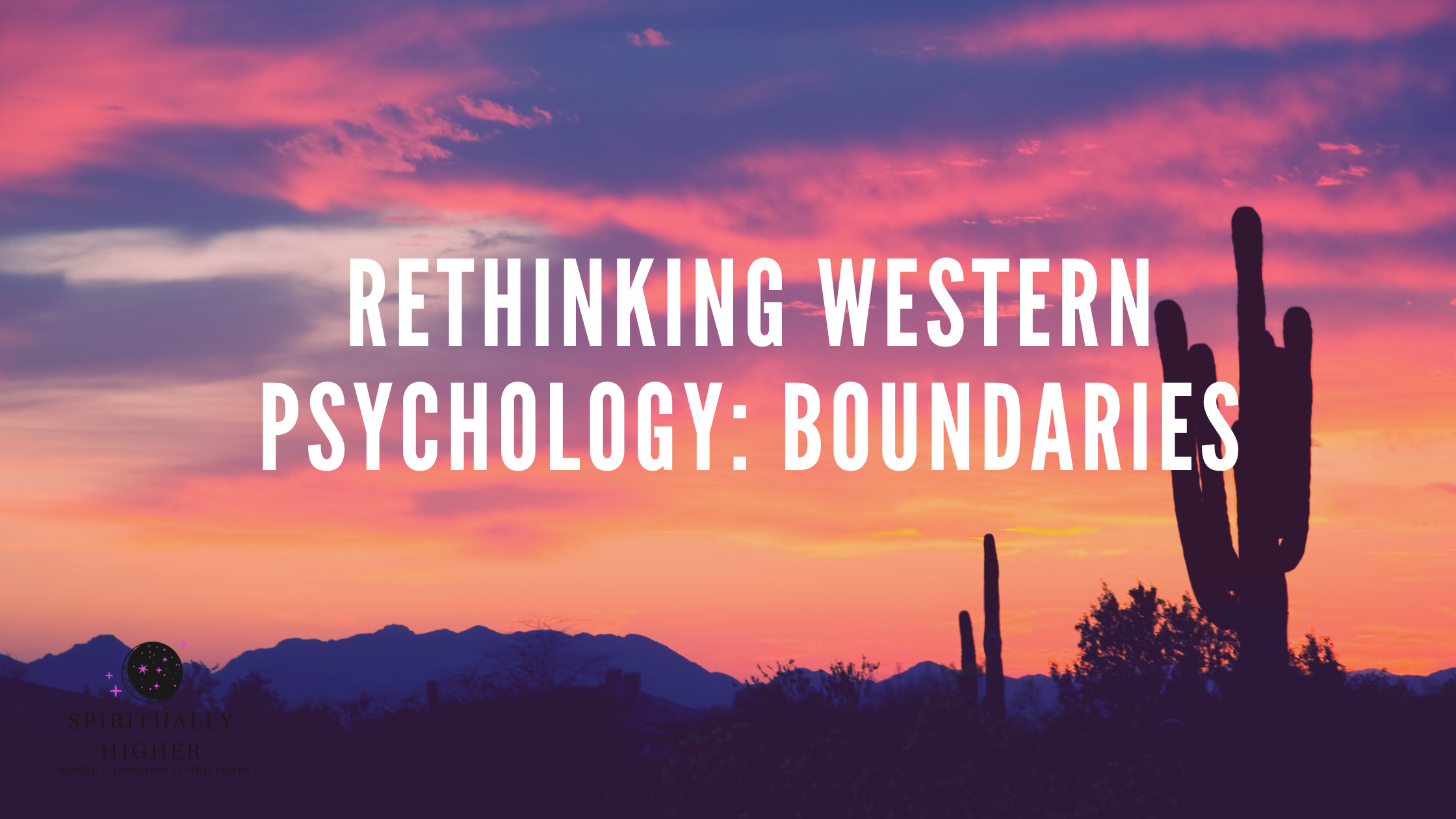
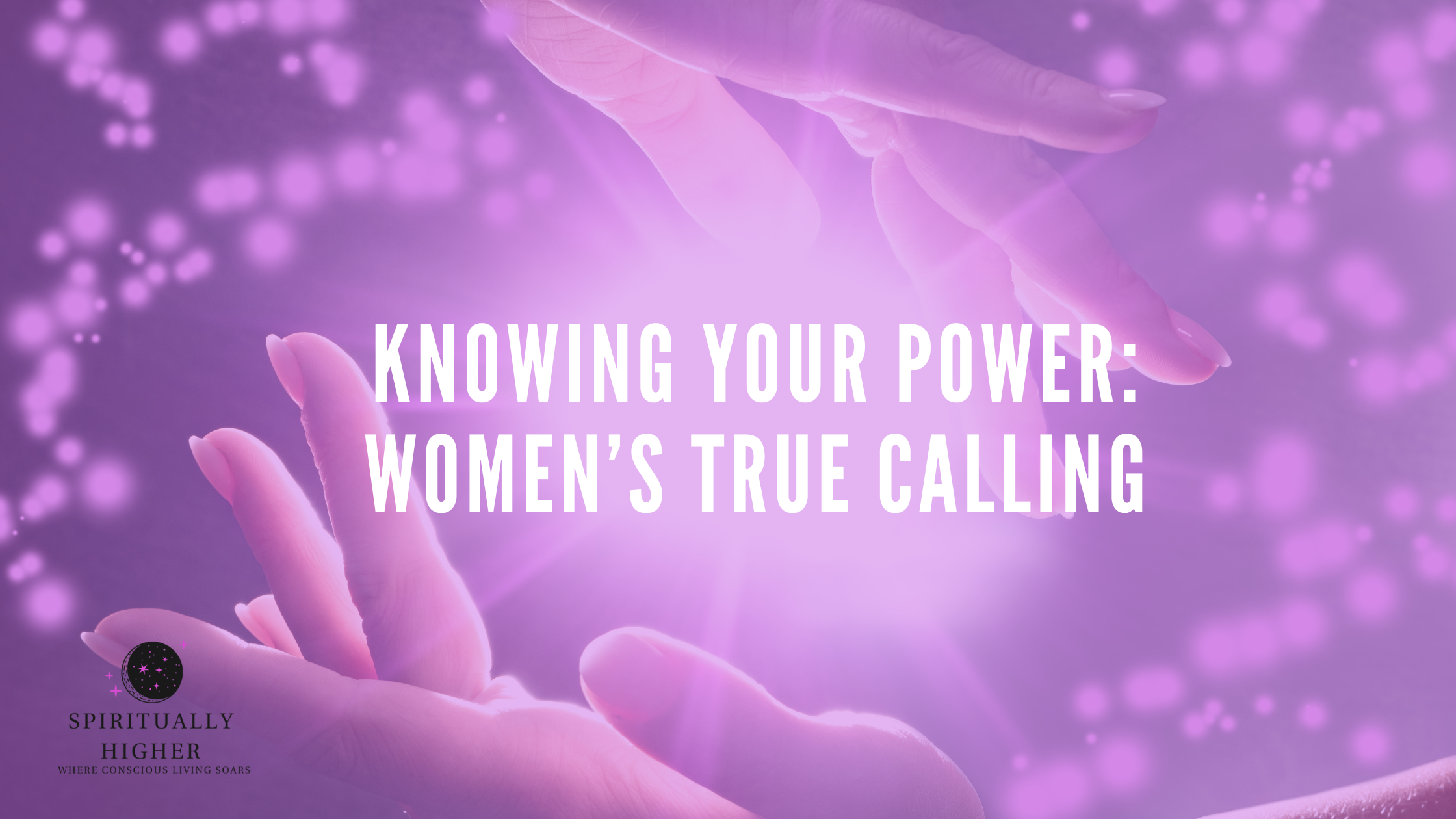
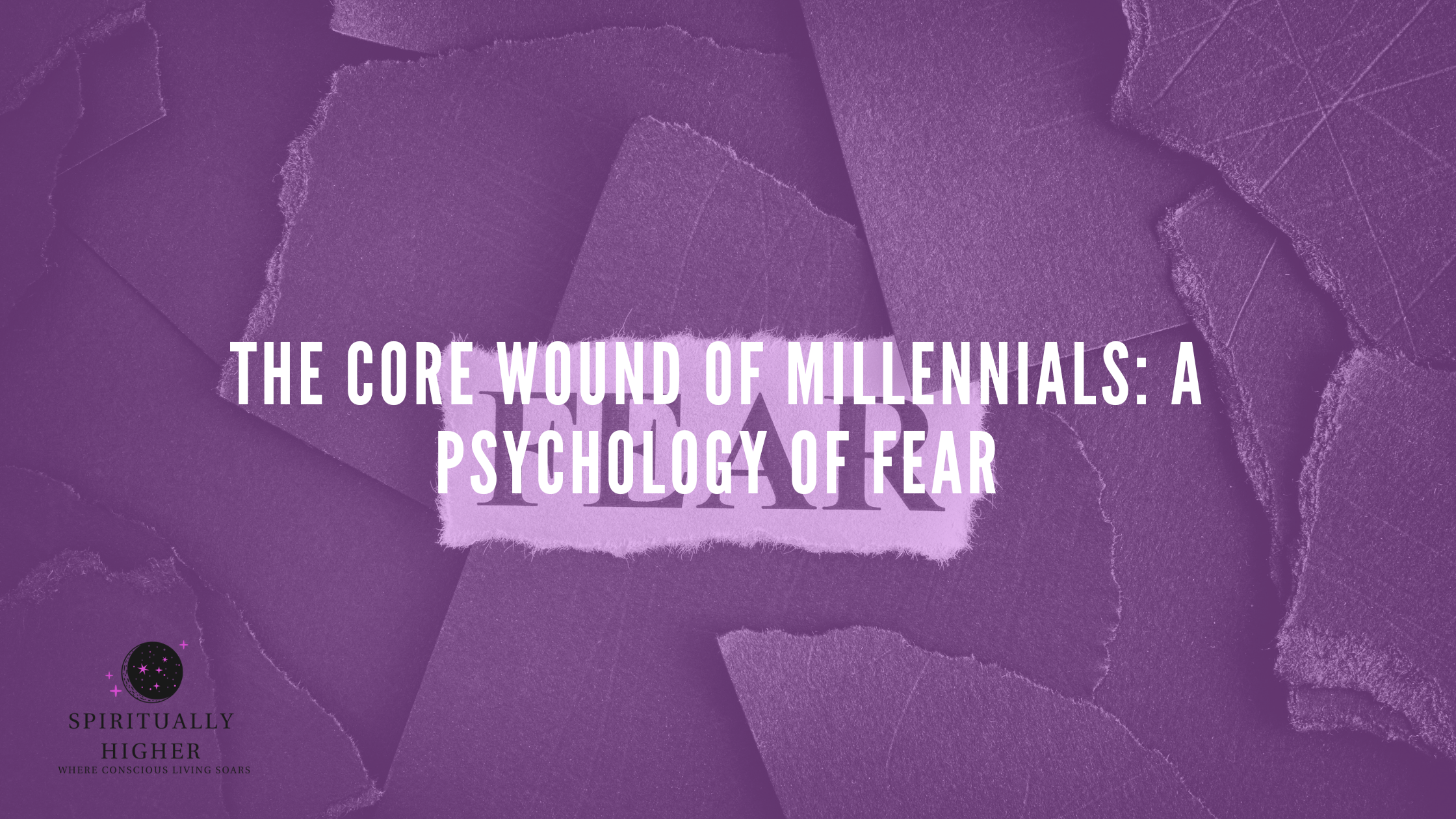



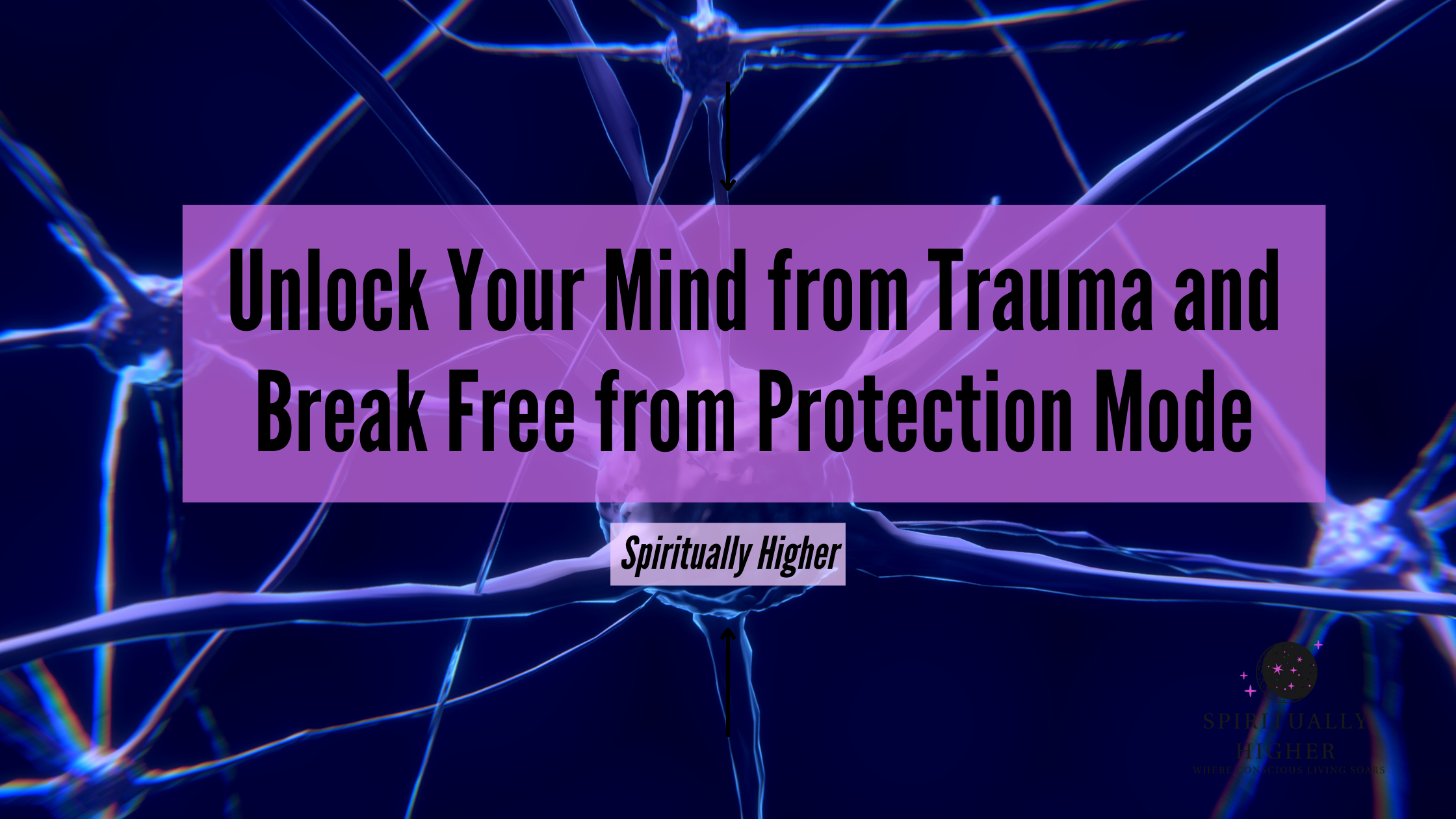
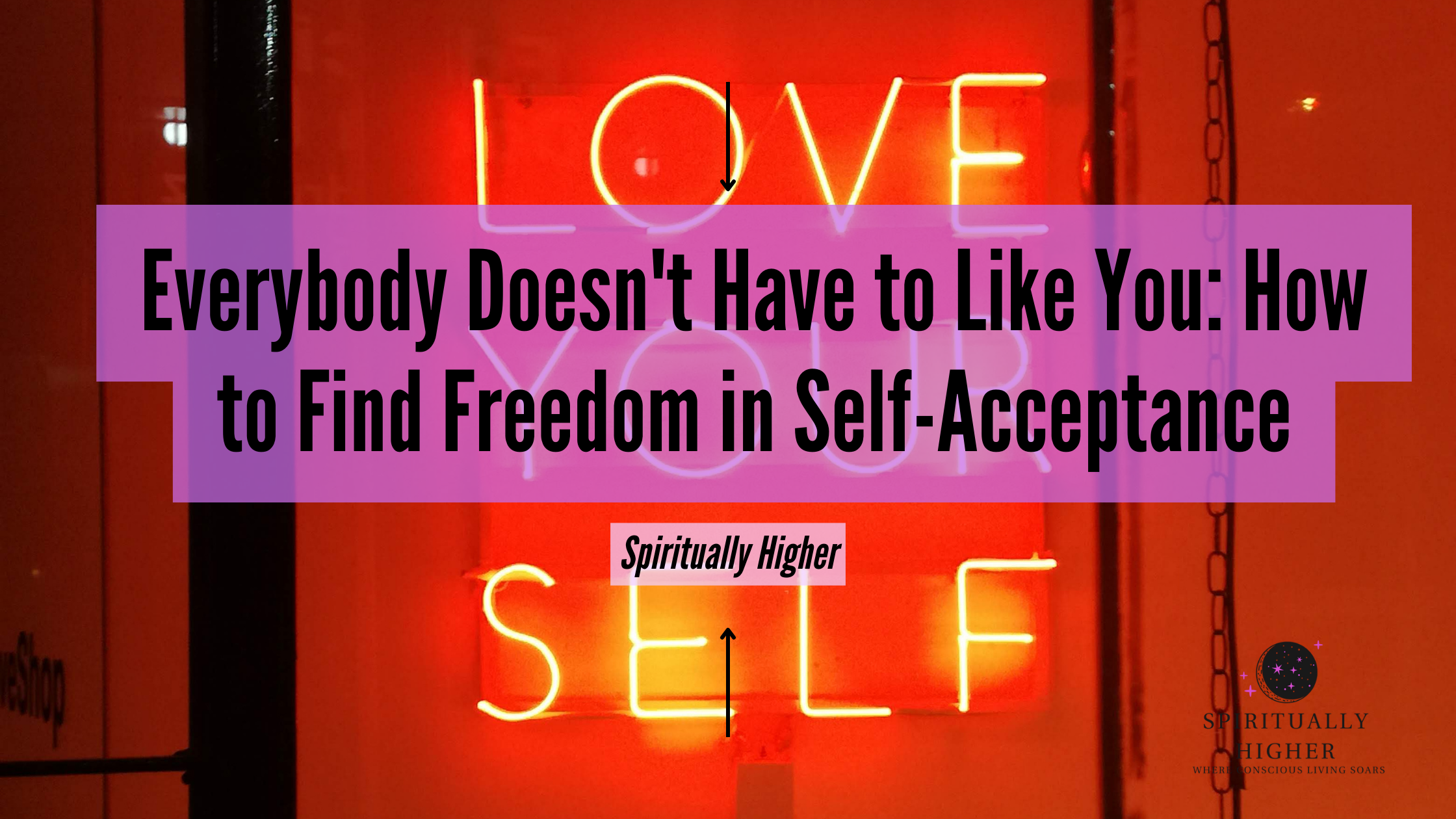
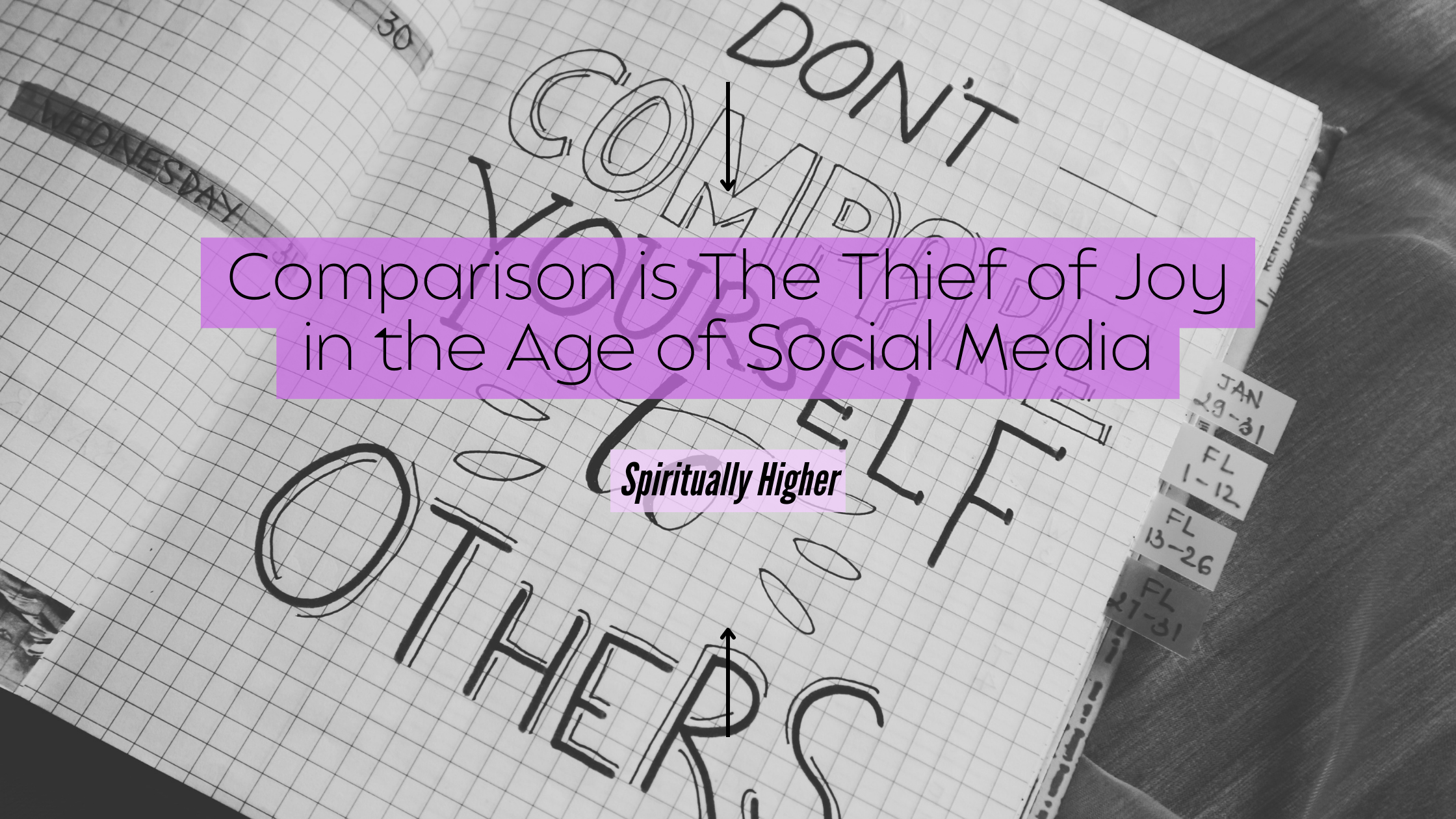
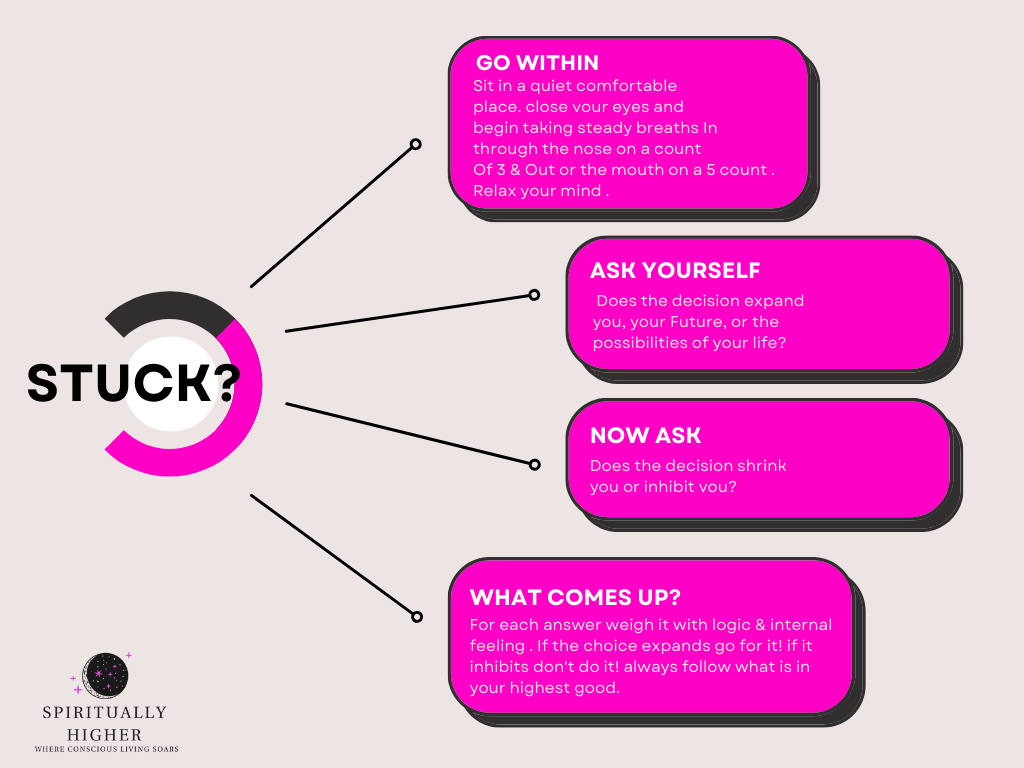
Leave A Comment